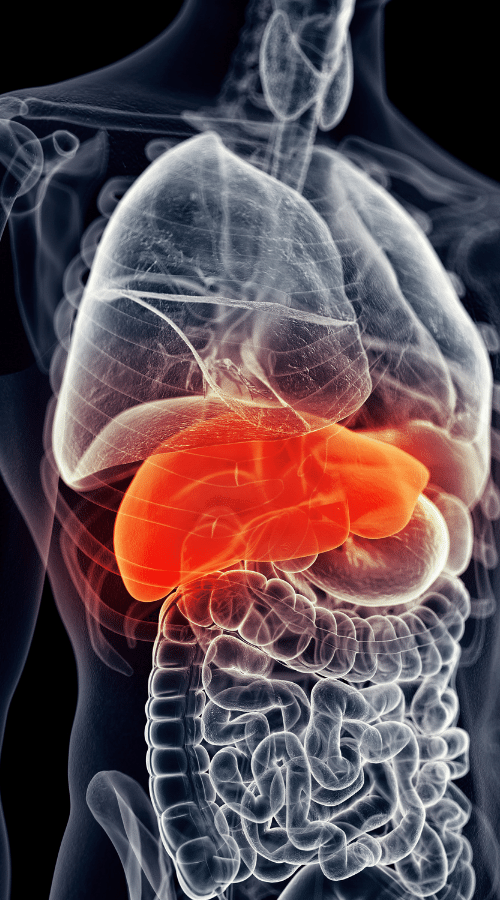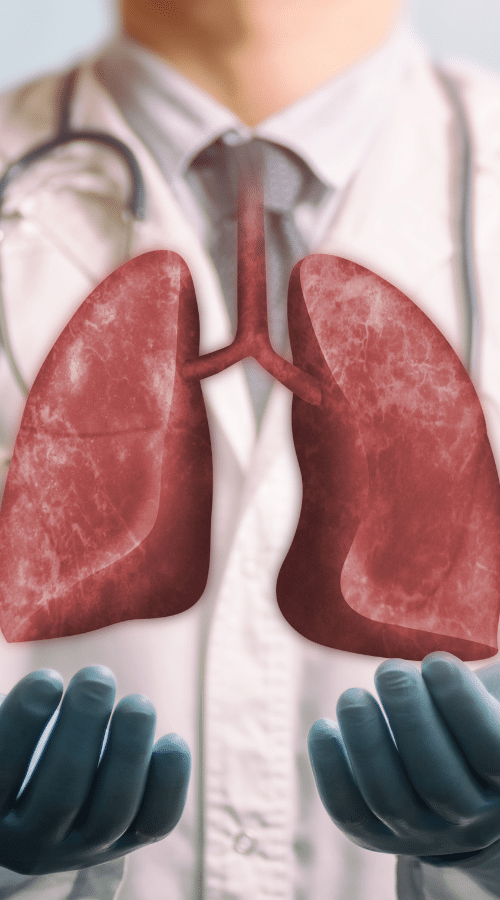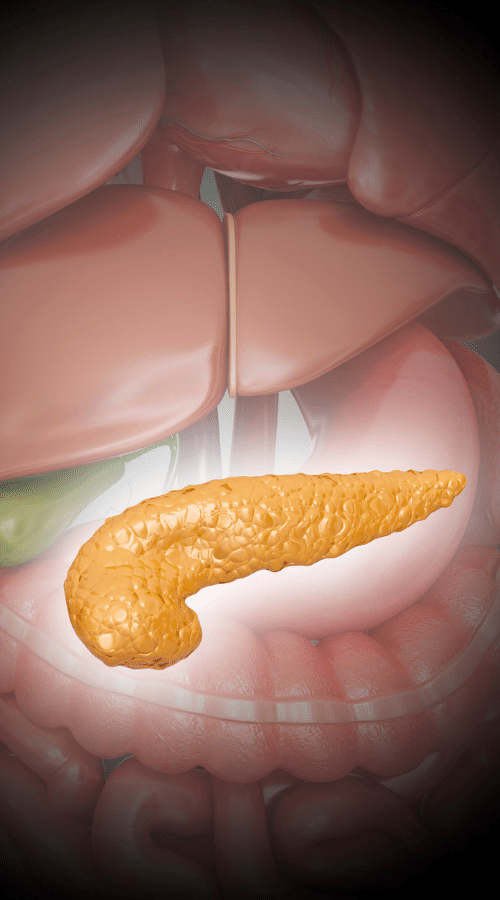
Organ transplantation is the use of a healthy organ from one person’s body to replace a diseased or damaged organ of another person. Organ transplantation may be an option in the treatment of serious diseases that require long-term or life-long treatment.
Organ transplantation is usually performed for the following organs:
Kidney: A kidney transplant is the most common organ transplant for people with kidney disease or damage. People who normally have two kidneys can live a healthy life with only one kidney.
Liver: Liver transplant is administered for people with severe liver disease such as liver failure or liver cancer.
Heart: A heart transplant is an option for people with severe heart failure.
Lung: Lung transplantation is applied for people with severe lung diseases or respiratory failure.
Pancreas: A pancreas transplant is an option for people with serious pancreatic diseases such as diabetic kidney disease or pancreatic cancer.
Organ transplantation requires finding the appropriate donor organ, evaluation of the recipient’s medical condition, and long-term follow-up and drug therapy after surgery. For this reason, organ transplants are usually only applied to people with serious illness and limited treatment options. It is recommended to speak with a healthcare professional to learn more about organ transplantation.
What are the most common types of organ transplants?
Kidney transplant: Kidney transplant is the most common organ transplant procedure. It is applied to people with kidney failure. Normally, a person with two kidneys can live a healthy life with a single kidney.
Liver transplantation: Liver transplantation is applied for people with serious liver diseases such as liver failure or liver cancer. The liver is an organ that has many important functions in the body, and liver failure can be fatal.
Heart transplant: A heart transplant is an option for people with severe heart failure. Heart failure is a condition in which the heart cannot pump enough blood, and a heart transplant can be lifesaving.
Lung transplantation: Lung transplantation is applied for people with serious lung diseases or respiratory failure. Lung failure causes the body to not get enough oxygen and can be life-threatening.
Pancreas transplant: A pancreas transplant is an option for people with serious pancreatic diseases such as diabetic kidney disease or pancreatic cancer. The pancreas produces insulin, a hormone important for controlling the body’s blood sugar levels.
These organ transplant procedures require finding the appropriate donor organ, evaluation of the recipient’s medical condition, and long-term postoperative follow-up and drug therapy. Organ transplantation is only applied to people with serious illness and limited treatment options. It is recommended to speak with a healthcare professional to learn more about organ transplantation.

Liver Transplant
Liver transplantation: Liver transplantation is applied for people with serious liver diseases such as liver failure or liver cancer. The liver is an organ that has many important functions in the body, and liver failure can be fatal.

Kidney Transplant
Kidney transplant: Kidney transplant is the most common organ transplant procedure. It is applied to people with kidney failure. Normally, a person with two kidneys can live a healthy life with a single kidney.

Lung Transplant
Lung transplantation: Lung transplantation is applied for people with serious lung diseases or respiratory failure. Lung failure causes the body to not get enough oxygen and can be life-threatening.

Heart Transplant
Heart transplant: A heart transplant is an option for people with severe heart failure. Heart failure is a condition in which the heart cannot pump enough blood, and a heart transplant can be lifesaving.

Pancreas Transplant
Pancreas transplant: A pancreas transplant is an option for people with serious pancreatic diseases such as diabetic kidney disease or pancreatic cancer. The pancreas produces insulin, a hormone important for controlling the body's blood sugar levels.




